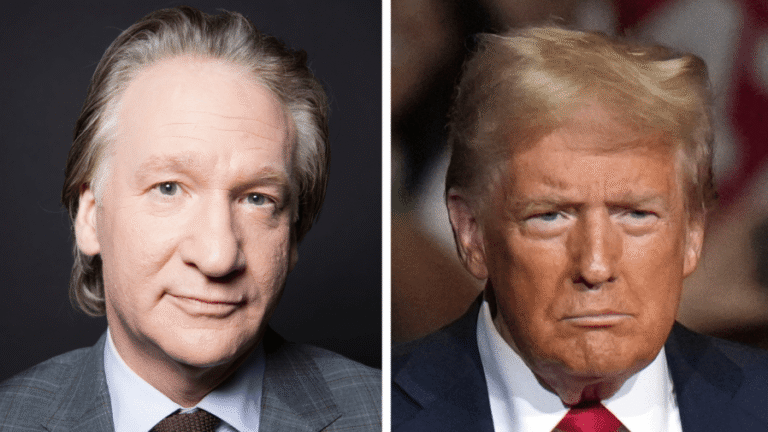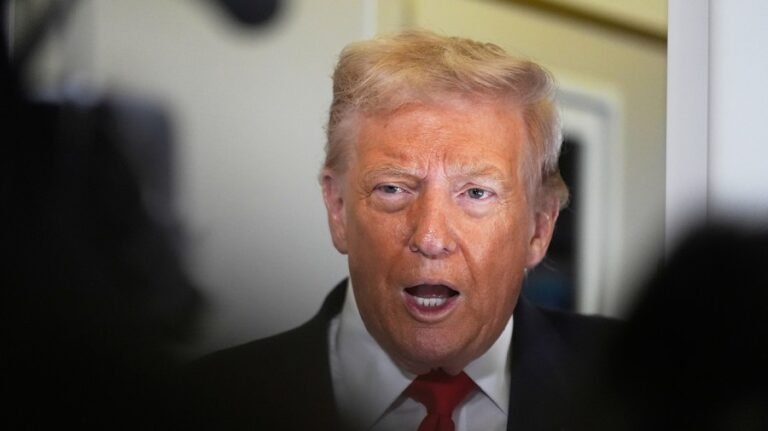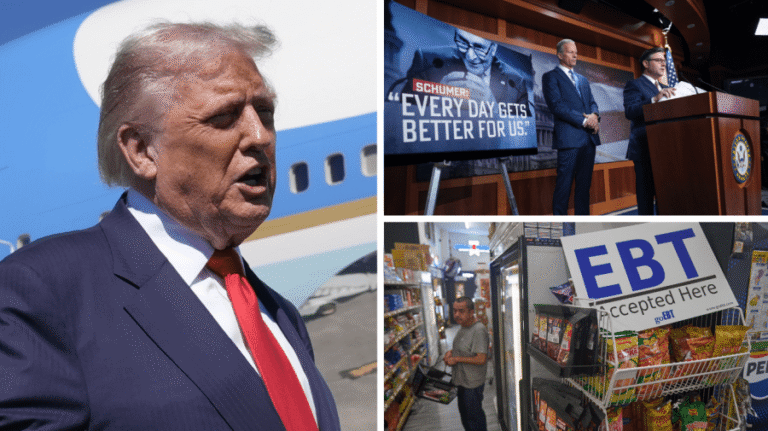
The Trump administration has asked the Supreme Court to let it freeze billions of dollars in foreign aid, potentially initiating a key battle at the high court over president’s bid to expand his power over federal spending.
The Justice Department on Monday filed an emergency application at the high court after a federal appeals court upheld a judge’s order requiring the administration to spend funds that Congress approved for aid programs worldwide before it starts to expire on Sept. 30.
Solicitor General D. John Sauer argued in the government’s application that the lower court’s injunction would force the administration to obligate those funds at “breakneck speed” to meet the deadline, even as it has asked Congress to rescind them.
“The President can hardly speak with one voice in foreign affairs or in dealings with Congress when the district court is forcing the Executive Branch to advocate against its own objectives,” wrote Solicitor General D. John Sauer.
Trump paused about $30 billion in foreign aid in one of his first acts back in the White House, prompting swift legal action from global health and other aid groups, which argued that he overstepped his authority in freezing the funds they said are vital to humanitarian efforts.
An estimated $10.5 billion of the total $30 billion at stake is set to expire on Sept. 30, Sauer said.
He contended that the government planned to obligate $6.5 billion of those funds by the deadline but that spending the remaining $4 billion would run contrary to U.S. foreign policy and raise a “grave and urgent threat” to the separation of powers.
Trump last month notified Congress he would move to cancel the aid using a rare “pocket rescission.”
Under the budget law governing the process, known as the Impoundment Control Act (ICA), the administration asks Congress to cancel select funds. While lawmakers consider that request, the administration is also allowed to temporarily withhold funding for 45 days. If lawmakers reject the request, the funds must be released.
However, the injunction would force the release of those funds, Sauer said.
“The President has since submitted proposed rescissions, triggering the ICA’s procedures for facilitating political-branch resolution of cases like this one,” the solicitor general argued. “Having enjoined the government earlier for purportedly failing to follow the ICA’s procedures, it is particularly perverse for the district court to authorize APA suits to circumvent those same ICA procedures now that the President has expressly invoked them.”
The plaintiffs, global health and aid groups, opposed an administrative stay that would pause the appeals court’s ruling while the justices weigh the government’s request.
“Although the government claims that it faces an ‘emergency’ in having to move quickly to obligate funds, that is ‘a circumstance of their own creation,’” they wrote. “USAID and the State Department have been under a duty to obligate these funds since at least March 2024, when Congress enacted the appropriations; they chose not to act sooner.
“The government faces no cognizable harm from having to take steps to comply with the law for the short period while this Court considers its stay application,” they continued.
It’s the latest chapter in the lengthy legal battle over Trump’s efforts to slash foreign aid.
In March, the justices rejected Trump’s ask that nearly $2 billion in blocked foreign aid payments remain frozen in a 5-4 decision.
Last month, a panel of judges on the U.S. Court of Appeals for the D.C. Circuit struck down U.S. District Judge Amir Ali’s ruling ordering the Trump administration to spend billions in aid work after finding the challengers did not have standing to bring their lawsuit.
The ruling was later amended, leaving a pathway for the plaintiffs to ask for a preliminary injunction on different legal grounds. Ali, the district judge, granted a new preliminary injunction Wednesday after the plaintiffs renewed their request on new grounds.
The Trump administration appealed that decision, which the appeals court upheld 2-1, prompting the emergency application to the justices.


